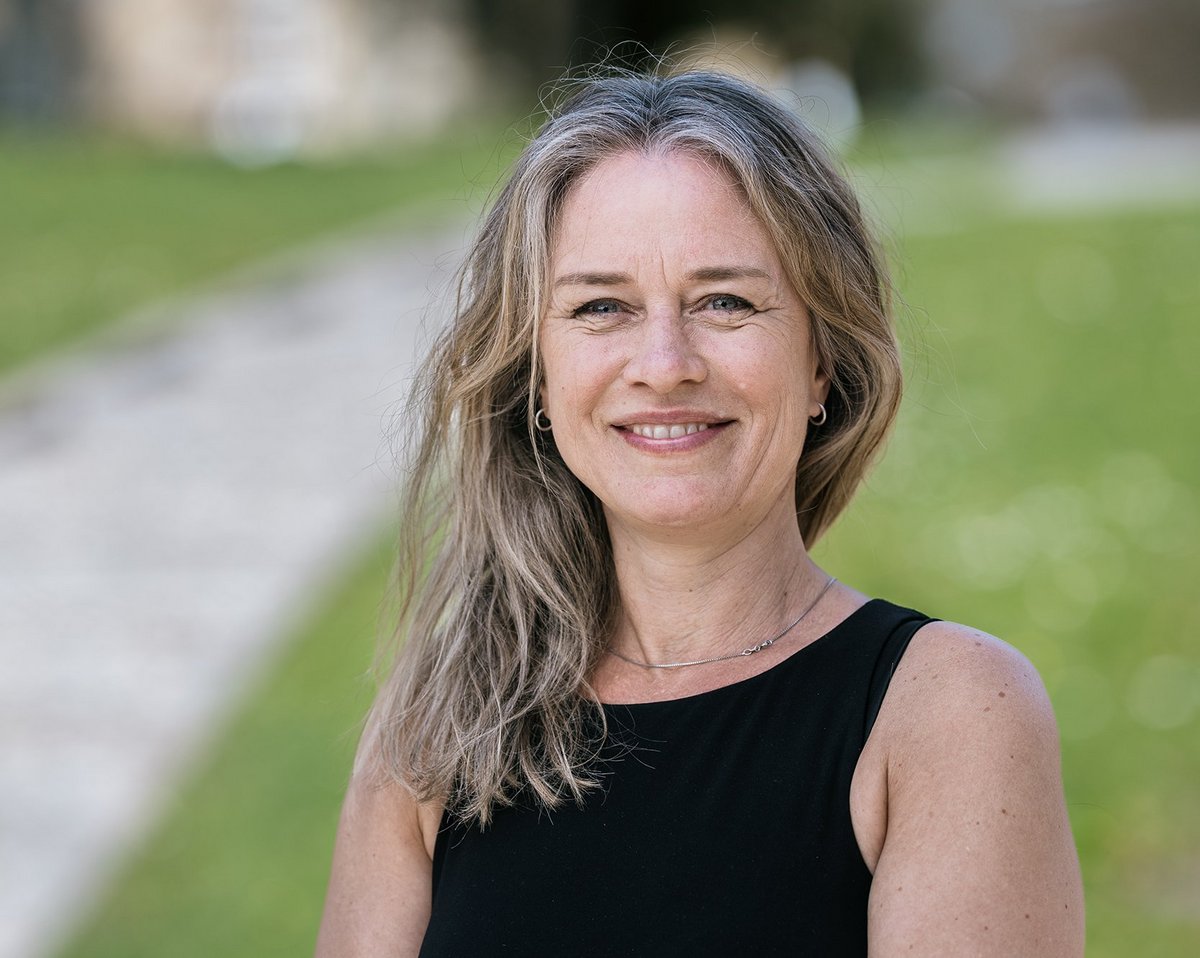
We are at the beginning of a paradigm shift, from written to voice-mediated input and output, in human-computer-interactions. These changes hold promise for democratic inclusion of people with reading difficulties, but also calls for critical studies of control, design, perception, and experience of digital voices including an understanding of the subtle layers of nonverbal communication like gender, age, moods, emotions, authenticity, trust, etc.
Iben Have's AIAS-SHAPE-project explores how text-to-speech (TTS) technology and synthetic voices influence the website-communication between Danish public authorities and citizens and which democratic implications this imply. A qualitative user-study will be conducted alongside the development of a theoretical framework revolving around the concept ‘resonant citizen’ as an attentive, and responsive listener with a sympathetic approach to other peoples’ voices, wishes, and ideas. However, being a citizen in a democracy necessitates not only responsivity and resonance, but also ethical responsibility and reasonance. Consequently, listening to (synthetic) voices will be discussed not as passive perception but as (political) agency with ethical implications. The empirical study will also include a podcast production developed together with Videnslyd exploring the experience of different synthetic voices.
FORMER FELLOWSHIP
Carlsberg Monograph Fellow
Fellowship period: 1 Sep 2023 - 31 Aug 2024
Project title: Reading with Ears and Writing with Voices: The Aural and Oral Turn in Digital Communication and Media Culture
As an AIAS Carlsberg Monograph Fellow my project is to write the monograph Reading with Ears and Writing with Voices. The aim of the book is to document, investigate, and discuss what I call an aural and oral turn in digital communication and media culture in the last decade. Born-written media like newspapers, books, letters, notes, e-mails, and text messages, are presently experiencing a surprising popularity in digital audio versions and offer a convenient and effective way to communicate in everyday life compared to encoding and decoding visual letters. Social and cultural implications following from ear-reading and voice-writing are critically discussed in relation to concepts like a ‘polyphonic public’ and a ‘resonant democracy’. The monograph is also an international consolidation of the research field of audio media in media- and communication studies.
Project title: Resonating synthetic voices and listening citizens: Democratic implications of TTS-assisted communication
Area of research: Sound studies, Musicology, and Media and Communication Studies
Fellowship period: 1 Sep 2024 - 30 Jun 2025
Fellowship type: AIAS-SHAPE Fellow

This fellowship has received funding from The Aarhus University Research Foundation (AUFF)